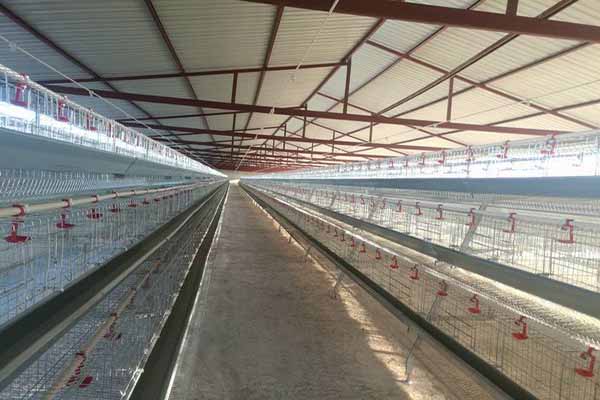Best Poultry Farming Practices for Small Farmers
As a small-scale poultry farmer, implementing the best practices in poultry farming can significantly enhance your farm’s productivity and profitability. At Livi Machinery, we understand the importance of utilizing the right equipment and techniques to make your poultry farming venture a success. In this article, we will discuss the essential practices to help you excel in the poultry industry.
Optimize Chicken Coop Design
The layout and construction of your chicken coop play a crucial role in the overall success of your poultry farm. To maximize efficiency, consider the following design tips:
– Adequate Space: Ensure that each chicken has enough space to move around comfortably.
– Ventilation: Proper ventilation helps maintain air quality and reduces the risk of respiratory diseases.
– Cleanliness: Regular cleaning and removal of manure help prevent diseases and pests.
– Temperature Control: Keep the coop at a comfortable temperature, ideally between 70-75°F (21-24°C) for broilers and 55-60°F (13-15°C) for layers.
Select the Right Breed
Choosing the right breed of chickens for your farm is vital. Different breeds have varying needs, productivity levels, and growth rates. Consider the following when selecting chicken breeds:
– Purpose: Determine if you want egg-laying chickens, broilers for meat production, or dual-purpose birds for both eggs and meat.
– Disease Resistance: Opt for breeds that are naturally resistant to common poultry diseases.
– Adaptability: Consider the climate and weather conditions in your region when choosing a breed.
Implement Biosecurity Measures
Preventing diseases is crucial for a healthy flock. Implement the following biosecurity measures to keep your chickens safe:
– Regular Cleaning: Clean and disinfect the coop, equipment, and feeding areas regularly.
– Controlling Access: Limit access to your farm and coop to minimize the risk of introducing diseases.
– Isolation: Isolate new chickens from the rest of the flock for a period to prevent the spread of diseases.
Use High-Quality Feed
A balanced diet is essential for healthy and productive chickens. Ensure your chickens have access to high-quality feed that meets their nutritional needs. Consider the following when selecting chicken feed:
– Composition: The feed should contain a balanced mix of protein, carbohydrates, fats, vitamins, and minerals.
– Grain Quality: Use high-quality grains to prevent the spread of pests and diseases.
– Feed Storage: Store feed in a cool, dry place to maintain its nutritional value.
Regular Health Monitoring
Regular health monitoring helps identify and address potential health issues early. Consider the following practices for monitoring your flock’s health:
– Regular Weight Checks: Monitor the weight of your chickens to ensure they are growing properly.
– Observation: Keep a close eye on the behavior and appearance of your chickens to detect any signs of illness.
– Vaccination: Follow a vaccination schedule to protect your chickens from common diseases.
Invest in Quality Equipment
At Livi Machinery, we offer a range of high-quality poultry farming equipment to help you streamline your operations and enhance productivity. Our equipment includes:
– Feeders and Waterers: Our feeders and waterers are designed to provide easy access to feed and water for your chickens.
– Molting Equipment: Our molting equipment helps facilitate the natural molting process in laying hens.
– Egg Collectors: Our egg collectors make it easier to collect eggs from your chicken coop.
Contact Livi Machinery today to learn more about our products and services and how we can help you succeed in poultry farming.

